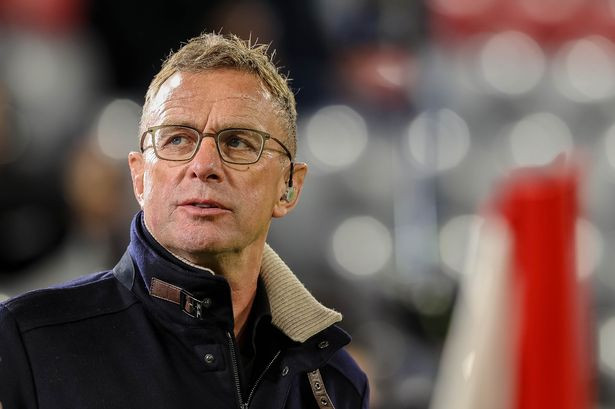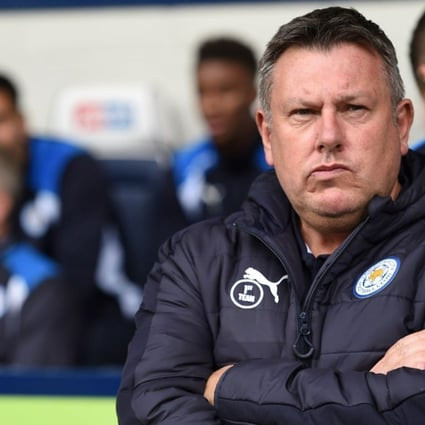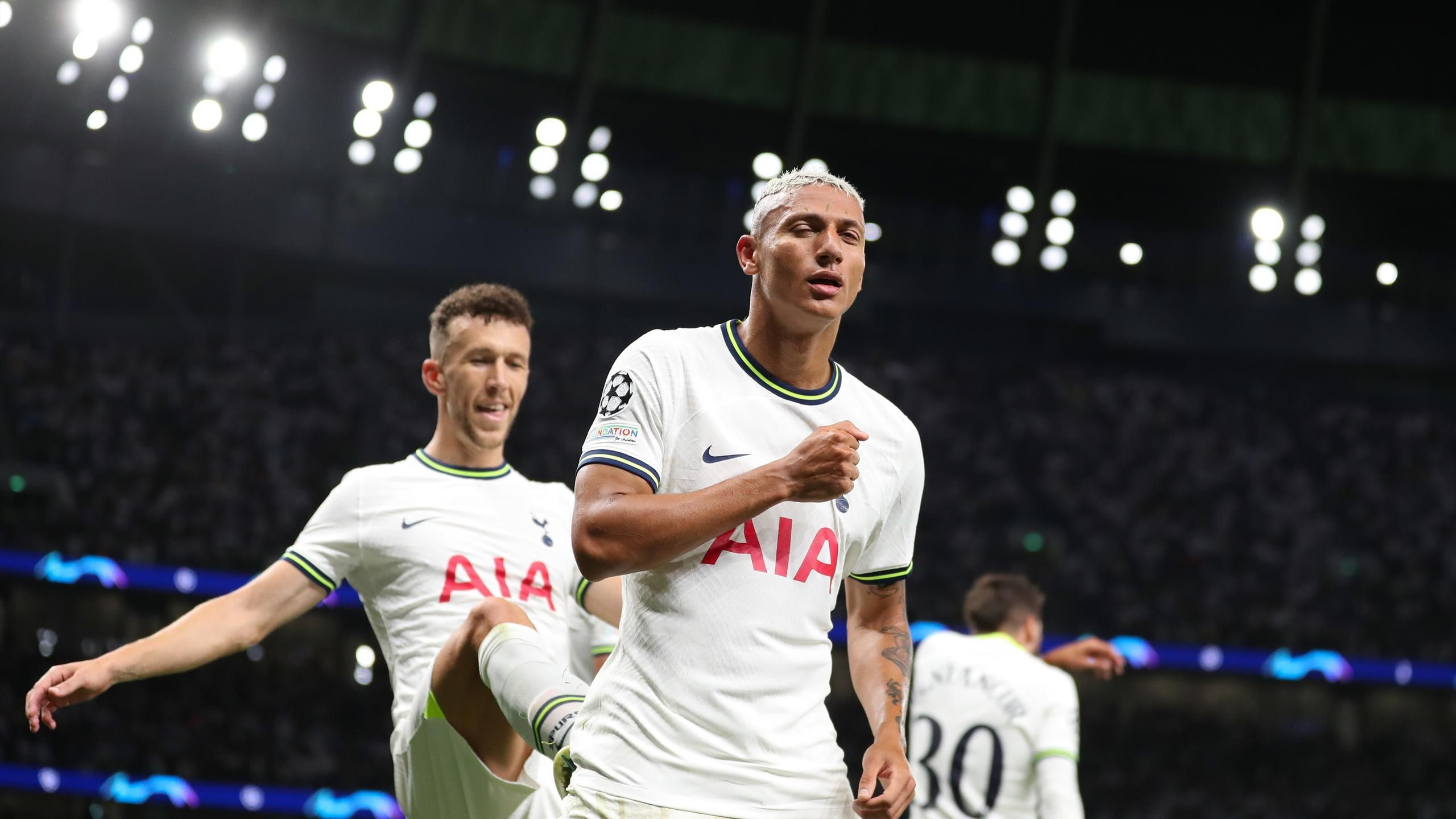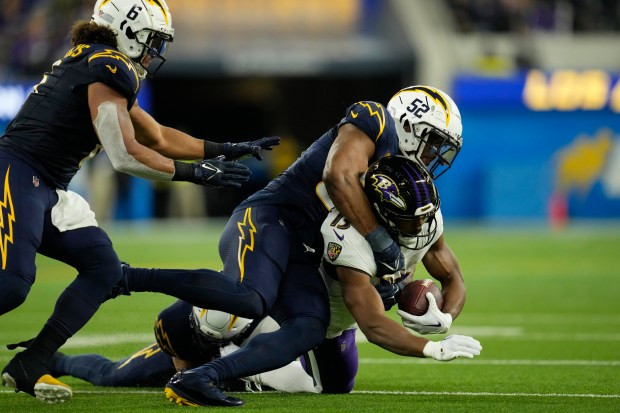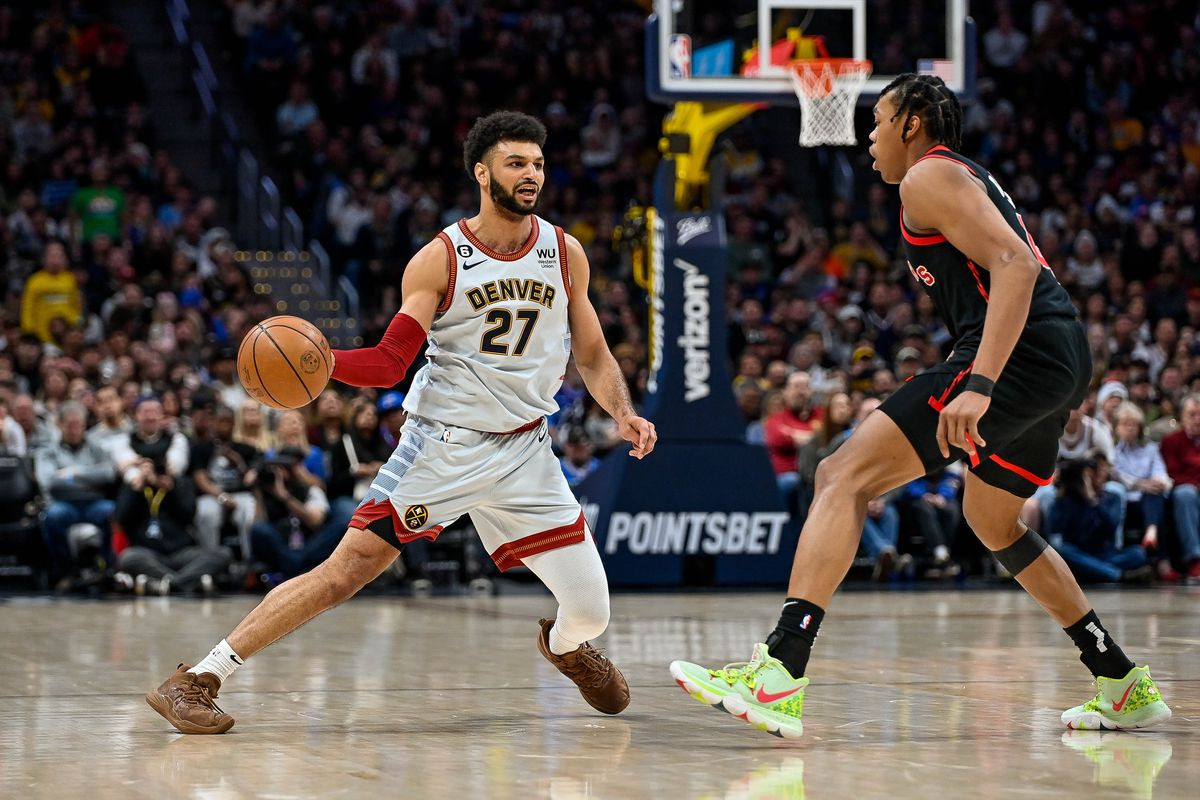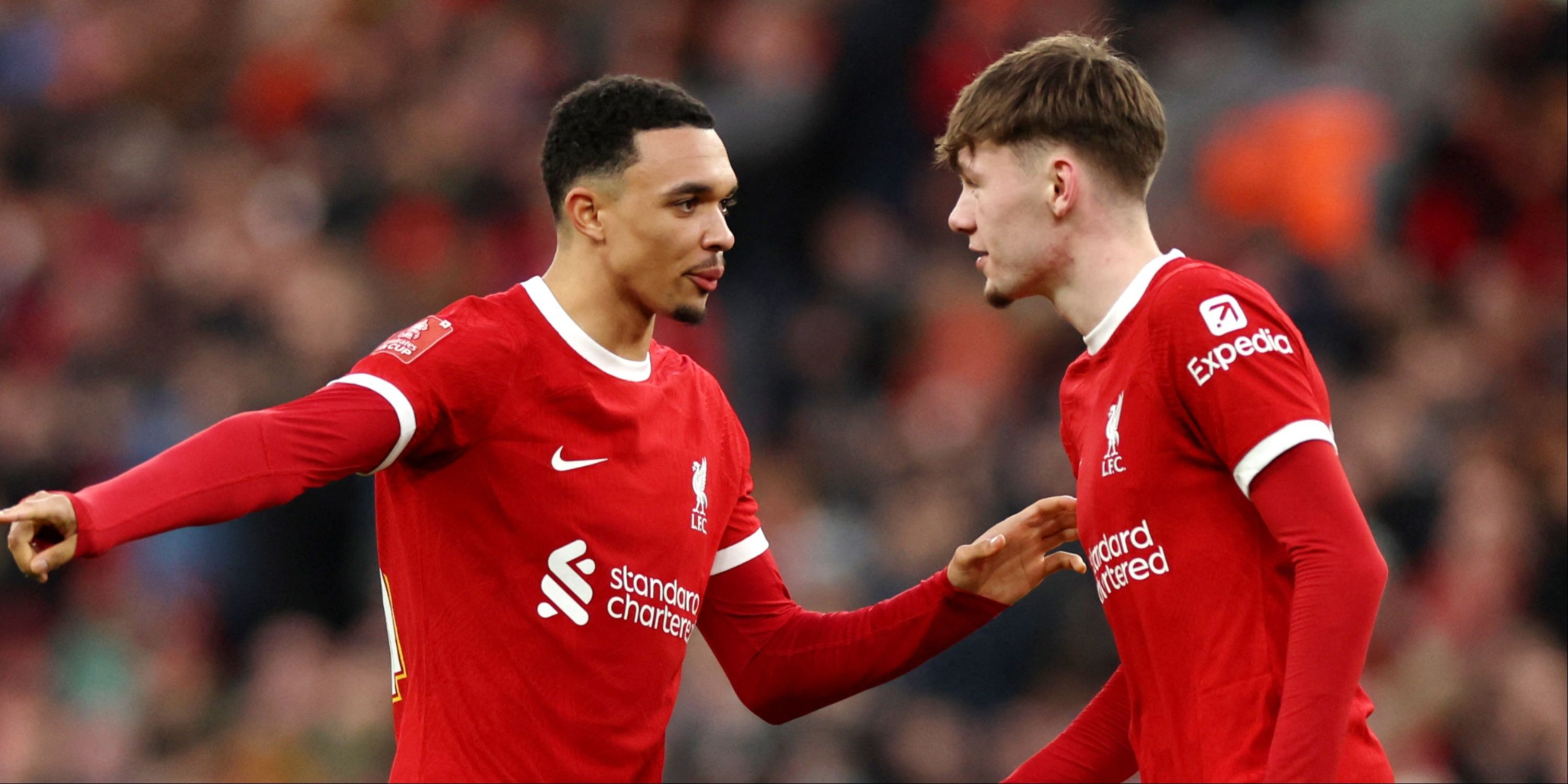It can be incredibly frustrating to spend extensive time searching for a solution, only to realize the answer has been right in front of you the entire time.
We've all encountered this scenario before, more often than not, with the simplest of things. Think glasses resting on your head, keys residing in your pocket, mobile phones charging on the side... and now, it seems, the potential new manager for Manchester United lurking in plain sight.
However, following the recent developments this week, Sir Jim Ratcliffe may finally be on the brink of discovering the glaringly obvious answer he has been seeking for months.
This revelation comes as an indirect yet enlightening nudge from the FA, which scoured England and the continent before determining that the right fit was, in fact, a German—and subsequently opting for Thomas Tuchel.
Now, before the critics chime in, I am well aware of Erik ten Hag’s claims that he has the unwavering support of the club’s management team. Additionally, I know his contract extension, activated last summer, is still in play.
But do you genuinely think Ten Hag isn’t feeling the heat?
A solitary impressive performance—like the recent 2-1 victory over Brentford—amidst the chaos surrounding United, is hardly sufficient to allay concerns.
The harsh reality is that the Dutchman has retained his position purely because Ratcliffe, Sir Dave Brailsford, and Co. have been unable to identify a suitable alternative who ticks all the right boxes.
However, the possibility now exists that they may just be reconsidering their options. Reports suggest this might very well be the case—ironically, with a German candidate in the frame.
Enter Edin Terzic, a manager with a solid track record in European football, fluent in English, and with prior experience in the Premier League who is eager to return to England.
Moreover, for the cost-conscious Ratcliffe, Terzic represents a financial boon as he could step in immediately without any compensation fees.
Over the past two years, Terzic has quietly established himself as one of the most effective top-level managers. Just two seasons ago, his Borussia Dortmund side came heartbreakingly close to dethroning Bayern Munich in the Bundesliga, only to falter at the final hurdle. Last season, his team reached the Champions League final, pushing Real Madrid to the limits before succumbing to a late collapse.
Newcastle supporters will recall Terzic's impressive strategies as Dortmund overcame them twice and triumphantly defeated heavyweights like Paris Saint-Germain and Atletico Madrid on their way to Wembley.
The footballing community was taken by surprise when Terzic resigned from Dortmund under unclear circumstances. Initially rumored to be due to disagreements with senior players, whispers now suggest it was a matter of principle.
Dortmund operates as a fan-owned club, which, while commendable, often means everyone feels entitled to weigh in on decisions ranging from transfers to tactics. When clash of ideas became inevitable with so many would-be decision-makers, Terzic made the bold move of resigning to seek an opportunity more in line with his vision.
Since then, he has been waiting for the right role to jump back into the fray, and according to insiders, Manchester United might just fit the bill.
While bookmakers keep a keen eye on potential successors for the Old Trafford role, only Paddy Power seemed to recognize Terzic's candidacy early on, but even then, he was an 80-1 outsider.
But after Tuchel’s appointment stirred interest in German managerial talent, Terzic’s odds quickly improved.
This isn’t about banking on a novice; Terzic is someone well-versed in the Premier League, having been a key part of Slaven Bilic's staff during his West Ham tenure.
Here lies yet another twist of irony: Terzic completed his UEFA Pro Licence in England alongside notable figures like Graham Potter, Nemanja Vidic, and Nicky Butt. He embodies a manager who understands the language and the football culture—who is fervently eager to return to the Premier League on his own terms.
He appears to be the ideal candidate to steer Manchester United back on course—perhaps not immediate title contenders, but certainly in the right direction. The responsibility now rests firmly with Sir Jim to make the call.
Last week, when Alphonse Le Grande won the prestigious Cesarewitch, it was evident from the outset that the victory wouldn’t hold.
Jockey Jamie Powell exceeded the whip limit by four strikes, making disqualification inevitable—no grey areas, no debates, and nothing for the victors to contest.
However, the BHA's Whip Racing Committee took three days to convene, leaving those who had wagered on the subsequently promoted 7-1 runner-up Manxman high and dry.
This inability to rectify issues promptly is exasperating, turning an already beleaguered system into a source of ridicule.
Furthermore, the refusal of bookmakers to honor bets on what became winning slips exemplifies a morally questionable stance. It’s no surprise that betting companies are often regarded as less reputable as estate agents and traffic wardens.
As for the managerial landscape at Manchester United, countless names could easily be thrown around if one were to assess the present man-management capabilities.
If one were to award prizes for misreading situations, Sir Jim Ratcliffe would have an accolade or two to show for it.
The speculations surrounding Sir Alex Ferguson's exit as Manchester United's ambassador raise questions—whether it’s yet another example of ruthless cost-cutting or a mutual resignation remains to be seen. Nevertheless, one truth stands: when the pressure mounts, few have proven better allies than Sir Alex.
Lastly, reactions from certain factions since Thomas Tuchel’s appointment have been swift and somewhat vitriolic, with critics arguing that the new England manager should hail from Britain.
One critic even ventured to diminish Tuchel's accolades, branding him a manager of “limited success.” With a Champions League win, three league titles, a Club World Cup, and a total of six major trophies under his belt, it raises the question—what more does it take to be deemed a successful manager?




